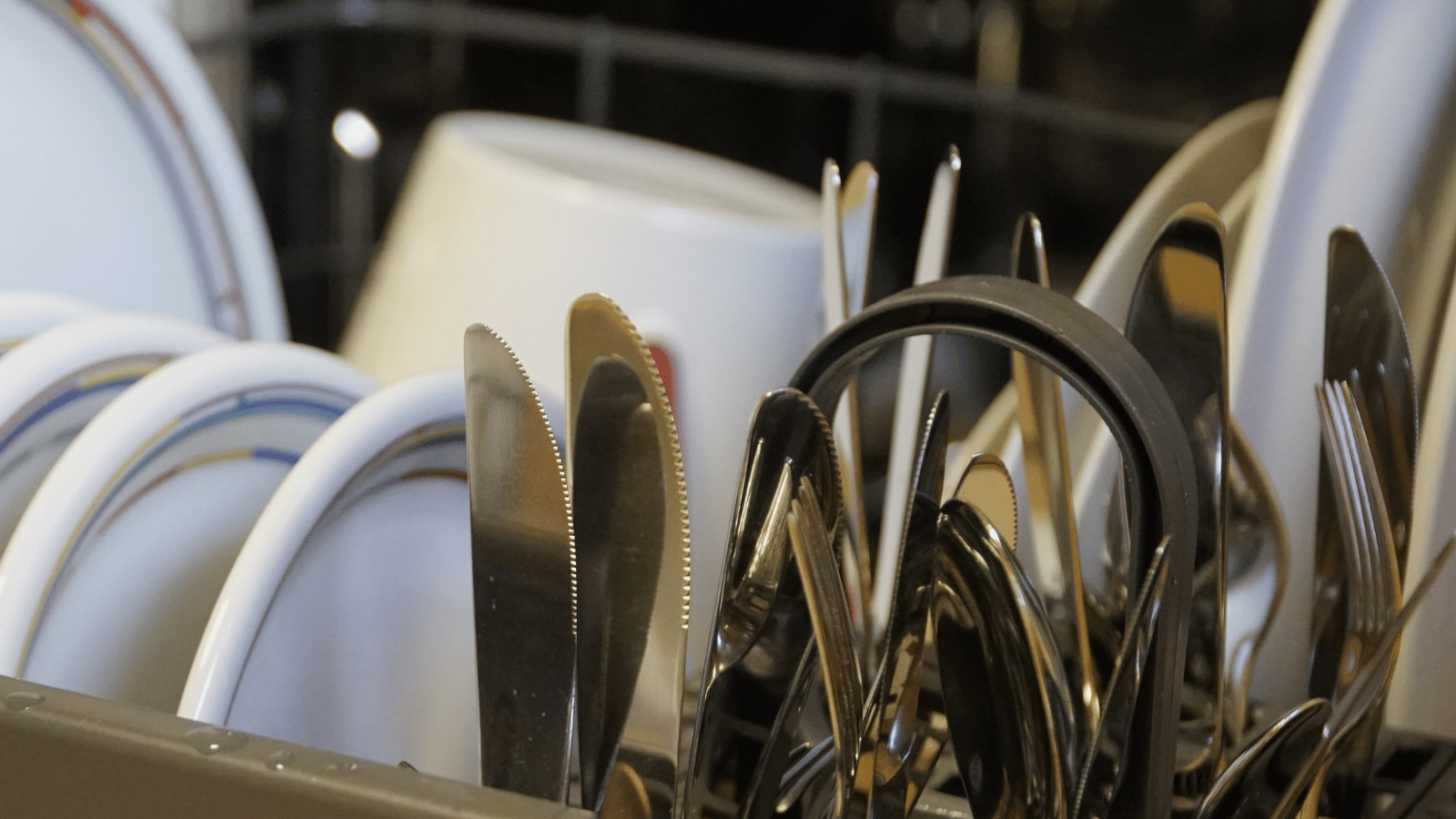Choosing the Best Commercial Warewashing Equipment for Foodservice
A commercial kitchen never stops moving, and neither should its warewashing process. Clean dishes, cookware, and utensils are essential for food safety, preventing contamination, and staying compliant with Florida health codes. Without an efficient dishwashing system, operations slow down, customers receive unsanitary tableware, and the risk of health code violations rises.
Foodservice operators must choose between manual washing and commercial dishwashing equipment to keep up with demand. While small kitchens may manage with handwashing, high-volume operations benefit from automated solutions that improve efficiency, save labor, and ensure thorough sanitation.
What Is Warewashing and Why It Matters
Warewashing is more than just cleaning dishes. It is a critical step in foodservice sanitation. Every plate, glass, and utensil must be properly washed, sanitized, and dried before reuse. Failing to follow proper dishwashing temperature guidelines can lead to foodborne illness, cross-contamination, and costly health code violations. High-quality warewashing equipment streamlines this process, ensuring every item meets safety standards without slowing down service.
Manual vs. Machine Cleaning
Choosing between manual and machine warewashing depends on kitchen size, service volume, and labor availability. Handwashing requires staff to pre-rinse, wash, sanitize, and air-dry kitchenware according to food safety guidelines. While this method works for smaller operations, it quickly becomes inefficient in high-traffic kitchens.
Commercial warewashing equipment automates the process, reducing labor needs while ensuring consistent results. High-performance dishwashers from Jackson Warewashing Systems provide commercial dishwashing solutions that handle foodservice sanitation that's tailored to busy commercial kitchens. From compact undercounter models to high-capacity conveyor machines, these systems help operators maintain sanitation standards without disrupting workflow.
Warewashing and Food Safety Compliance in Florida
Florida’s food safety regulations require strict warewashing procedures to ensure dishes and utensils are properly sanitized. Failing to meet these standards can result in violations, fines, or even temporary shutdowns. Operators must adhere to dishwashing temperature guidelines, use approved detergents and sanitizers, and keep equipment in proper working order.
Reliable commercial dishwashing solutions not only ensure compliance but also protect customers by reducing the risk of foodborne illness. Investing in the right warewashing equipment minimizes contamination risks and creates a safer kitchen environment.
Find the Best Warewashing Solution for Your Kitchen
 Every foodservice operation has unique warewashing needs. A high-volume restaurant may require a flight-type dish machine, while a café or small bistro might benefit from an energy-efficient undercounter model. Choosing the right equipment depends on kitchen layout, service speed, and sanitation requirements.
Every foodservice operation has unique warewashing needs. A high-volume restaurant may require a flight-type dish machine, while a café or small bistro might benefit from an energy-efficient undercounter model. Choosing the right equipment depends on kitchen layout, service speed, and sanitation requirements.
Eaton Marketing helps Florida operators find warewashing solutions that fit workflows and budgets. By partnering with Jackson Warewashing Systems, Eaton provides foodservice businesses with high-performance dishwashing solutions that improve efficiency, reduce operating costs, and keep kitchens compliant with health regulations.




